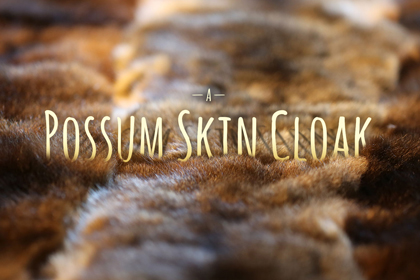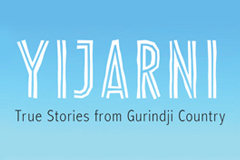One of the most important parts of doing your family history is talking to older relatives and recording what they know before it’s too late.
Older relatives had many experiences and remember people who have since passed away. They may also remember communities, missions or government stations that no longer exist.
If your older relatives have passed away, see if you can talk to their friends, neighbours or community elders – they might remember events involving your family.
Also, while Aboriginal and Torres Strait Islander people are the key source of Indigenous history, non-Aboriginal people may be able to tell you important things too.
Some relatives might be very keen to be interviewed, others hesitant or fearful. Interviews can bring up memories of hurt and embarrassment, or remind people of old feuds and family disagreements. Being interviewed may be very distressing for your relative, especially if they are talking about their own or a family member’s experience of separation or other difficult events in the past.
Getting started
You can use the Family member information sheet as a guide to the types of information you might be looking for in your interviews.
Family gatherings. Informal conversations at family gatherings and visits are a great way to get started. Tell people that you want to do some family history and ask them what they remember. It’s also a good idea to ask them if it’s okay if you take notes or write things down.
Photographs. Another useful way to break the ice is to talk about old photographs. Bring along any photos you have questions about and ask your relative to bring along family pictures too.
Visiting places. You might take older relatives back to the places of their childhood and walk around with them, getting them to tell you about where all the buildings were and activities took place. You can draw a map. It’s likely that memories and stories will come back to them.
Email or letter. If you can’t talk with someone face to face, you may be able to ask them questions by email or letter. You’ll first need to ask them if they are willing to help you and explain what and why you are doing family history research. If they are willing to help you, send them a basic list of questions (see the Family member information sheet for ideas). You can follow up with more detailed questions if you need to.
Keeping track of information
Remember to make a record of your conversation – the best way is to record it using a voice recorder or smart phone. If you take notes you might miss an important piece of information or interrupt the flow of the conversation.
If you think you might only have one chance to interview a particular relative, you should consider doing a formal oral history interview. For this you’ll need to do some preparation, such as writing down the questions you want to ask.
Find out more
More information about how to do interviews and oral histories for family research is available online or through your local library.
Books
- Thomas MacEntee, Preserving your family's oral history and stories, Unlock the Past, 2014
- Penny Taylor & AIATSIS, Telling it like it is: A guide to making Aboriginal and Torres Strait Islander history, Aboriginal Studies Press, 1996
Websites
- FamilySearch – Creating oral histories
familysearch.org/learn/wiki/en/Creating_Oral_Histories - DoHistory – Step-by-step guide to oral history
dohistory.org/on_your_own/toolkit/oralHistory.html - Smithsonian Institution – Folklife and oral history interviewing guide
www.folklife.si.edu/education_exhibits/resources/guide/introduction.aspx




